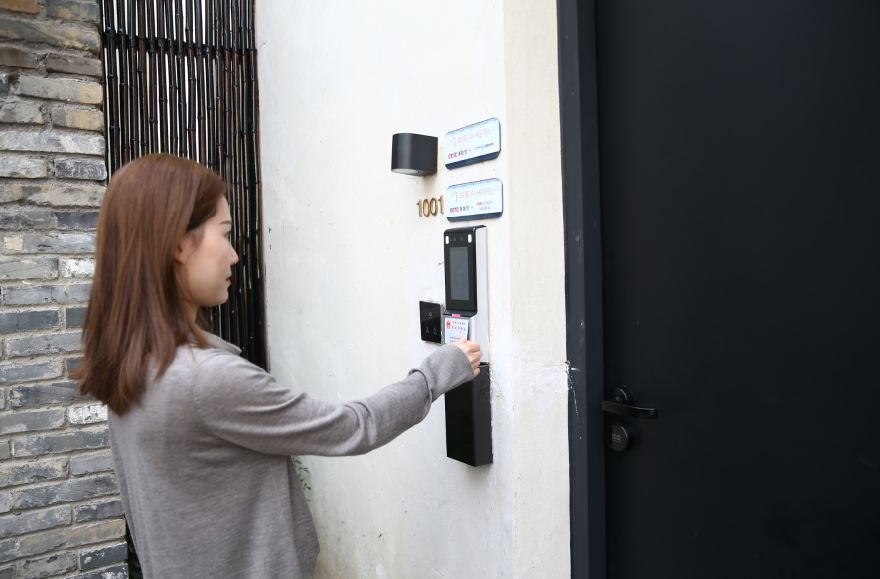AI guestrooms accommodate a transformation


The buildings' traditional appearances wouldn't betray the reality that five of the hotel's rooms are equipped with artificial intelligence.
Indeed, the hotel outside of the Xizha scenic area in Zhejiang province's Wuzhen water town shows how the past and future meet in the ancient settlement that's making futuristic technology real today.
Guests with online reservations may enter the hotel's front gate by swiping their identity cards and undergoing a facial-recognition scan.
The lights automatically turn on as they walk toward their rooms, where they again scan their IDs and faces to check in.
The lights turn on and curtains open automatically once the guestrooms' doors open.
Rooms are equipped with voice-activated and smart appliances, including wireless chargers that can charge phones 20 centimeters away.
"Such technologies enable small and medium-sized hotels to improve services and lower costs," says Zhu Zhaokui, assistant general manager of Cethik Group Wuzhen Avenue Technology Co Ltd, the system's developer. One highlight is that the system will turn off electricity if the room is empty even if the room card is inserted in the power slot.
Abnormal electrical activity will also be detected and activate a safety alarm.
Wu Zhenwei, project director of the Tan Alley Wuzhen Eco and Cultural Community, where the hotel is located, says hair-dryer use will be recorded so the hotel's staff can guess if guests are male or female and tailor services accordingly.
Power consumption accounts for more than 10 percent of small and medium-sized hotels' expenses. But 20 to 30 percent of their total cost, including personnel costs, can be reduced through such technologies, Zhu says.
It takes about 10,000 yuan ($1,444) and half a month per room to install the technology, Zhu says.
The guestrooms using AI were debuted during the fifth World Internet Conference being held in Wuzhen from Nov 7 to 9.
The entry of internet giants like Alibaba and lifestyle-design companies like Muji in the sector will expand the presence of AI technologies in the travel industry, Zhu says.




































